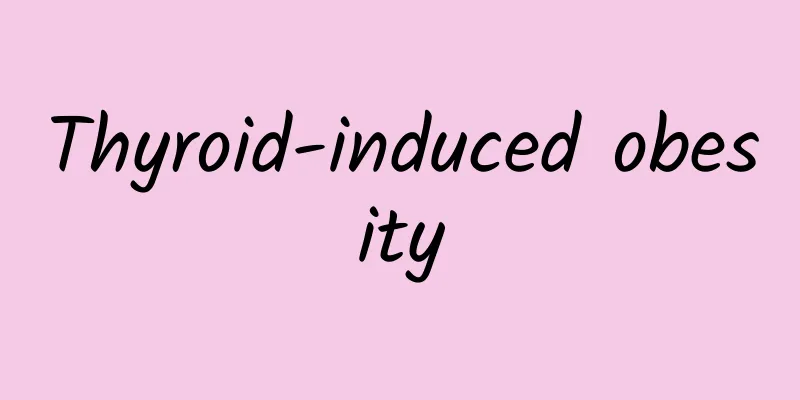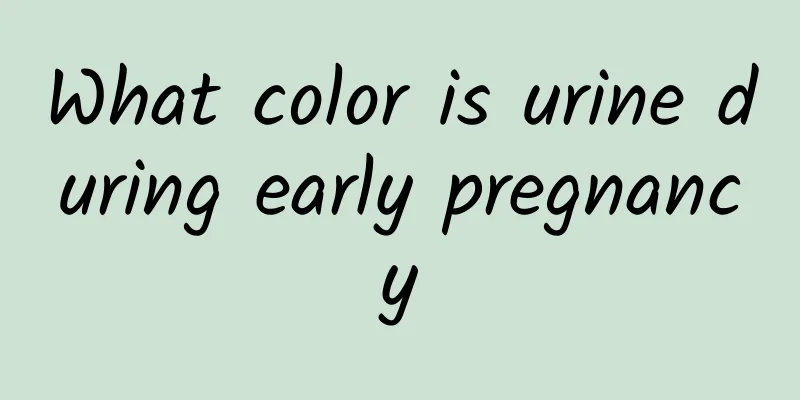Can gout eat goose meat?

|
There is currently no good cure for gout, and the key to treatment is to control purine intake. Many foods contain purine. When the condition is stable, it is important to take good care of your diet. Improper diet can lead to excessive intake of purine, thus aggravating the condition. There are many types of food, and many patients are confused about whether they can eat some of them. So, can people with gout eat goose meat? Goose meat is an allergenic food, and doctors in all dynasties have believed that goose meat can cure chronic diseases. People with gout often have damp-heat in their bodies, especially those with acute attacks, which are mostly caused by the syndrome of "heat arthralgia" in traditional Chinese medicine. Goose meat is sweet, moist and greasy. Eating too much goose meat can help block heat and dampness and cause recurrence, so it should be avoided. Goose eggs are similar to goose meat in nature. "Dietary Tips" says: "Goose eggs are warm in nature. Eating too many goose eggs can cause chronic diseases." It is also a high-cholesterol food, so people with gout should avoid eating it. People with gout should not eat goose. Gout patients should also avoid eating foods high in purine. Such as animal brains, hearts, livers, kidneys, tripe, intestines, gravy, thick chicken soup, sardines, anchovies, eels, carp, eels, crabs, shrimps, and shellfish in meat dishes; soybeans, lentils, green peas, fresh broad beans, edamame and soy products in legumes. Although gout patients should eat alkaline vegetables and fruits regularly, they should avoid eating spinach, asparagus, mushrooms, shiitake mushrooms, toon, cauliflower, green asparagus, bean sprouts, etc. because they contain more purine. You must abstain from alcohol, especially beer, and also avoid coffee and strong tea. In addition, gout patients should limit their protein intake. Generally speaking, it is best for patients to consume 1 gram of protein per kilogram of body weight per day. When the condition is severe, it can be limited to 0.8 grams, and plant protein should be the main source. Milk and eggs have no cell nucleus and low purine content, so they can be used at will. What can't you eat if you have gout? 1. Limit the intake of high-purine foods. Gout patients should avoid high-purine foods. Patients should choose a low-purine diet during the acute phase. The purine intake should be within 150 mg per day, and high-purine foods are prohibited. Although exogenous purine is not the main cause of gout, eating a meal rich in purine is similar to injecting a dose of uric acid into the blood, which suddenly increases the blood uric acid concentration and can easily induce an acute attack of gout. Therefore, reducing the intake of purine-rich foods is of unique importance in the prevention and treatment of gout. 2. Limit salt intake. Excessive salt intake can cause spasm of small arteries, increase blood pressure, and accelerate the process of renal arteriosclerosis. Sodium salt promotes the precipitation of uric acid. Appropriately reducing sodium salt intake can help lower blood pressure and reduce sodium and water retention in the body. Gout patients must limit salt intake to 2 to 5 grams per day, and ordinary people should maintain a light diet. Clams, fermented bean curd, pickled products, preserved eggs, salted (pickled) vegetables, dried shrimps, bacon (eggs), and vegetables such as water spinach and chrysanthemum are all high in sodium and should be eaten less or not. 3. Limit the intake of fatty foods. Gout patients should reduce fat intake, as excessive fat consumption can reduce the excretion of uric acid. The total daily fat intake for gout patients should be around 50 grams. Note that vegetable oils should be used as the main source of fat, and less animal fat should be consumed. Use less oil when cooking. It should also be noted that if gout patients are in the intermittent period of gout for a long time and hyperuricemia is under control, dietary restrictions can be further relaxed, with low-purine foods as the main food, medium-purine foods in limited amounts, and high-purine foods eaten less. But what you must remember is that everything has a limit. Even low-purine foods may cause gout attacks if consumed excessively, so you must seek medical attention immediately. |
<<: Can gout patients eat freshwater fish?
>>: Can gout patients eat beef and mutton?
Recommend
The efficacy and contraindications of Cordyceps sinensis
Many people are not familiar with Cordyceps sinen...
The efficacy, effects and taboos of stir-fried radish seeds
Radish seed is a common Chinese herbal medicine. ...
What causes pain in upper limb joints?
If you experience pain in the upper limb joints, ...
Symptoms of encephalitis in children
Children will have many symptoms after they get e...
What to do if your face is peeling and red
Peeling and redness on the face is a common skin ...
Can the old Chinese doctor cure neurasthenia?
Neurasthenia is one of the most prevalent mental ...
Hot palms and soles
Many people are more concerned about the common c...
What to do if thrush keeps coming back
For recurrent thrush, on the one hand, active tre...
Why does the baby lie on his stomach with his legs crossed?
It is generally normal for children to often lie ...
Anxiety Disorders
Compared with obsessive-compulsive disorder, ther...
What is the best way to wash your vagina?
Compared with men, women have to do much more ted...
Traditional Chinese medicine teaches you how to soak your feet in this way, and all diseases in your body will be eliminated!
There is a saying among the people, "Soaking...
Sleeping position during pregnancy: it is more comfortable to sleep
For women who are nine months pregnant, they shou...
Loquat leaves, a traditional Chinese medicine for clearing the lungs and lowering qi
I believe many people are familiar with loquats. ...
How to repair the pit after mole removal
In daily life, many people have moles. If the mole...









